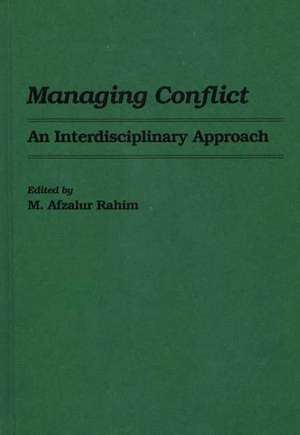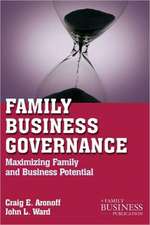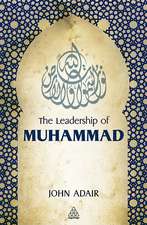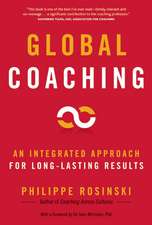Managing Conflict: An Interdisciplinary Approach
Editat de M. Afzalur Rahimen Limba Engleză Hardback – 31 dec 1988
An important contribution to the literature of organizational behavior and communication, this volume explores the strategies and issues involved in conflict management. The contributors represent a variety of academic disciplines and their treatment of the subject is both comprehensive and multidisciplinary in nature. Taking as their focus the premise that certain types and levels of conflict can have positive consequences, the authors present an in-depth look at the techniques available to manage conflict within organizations and groups, between individuals, and among nations.
The volume is divided into five major sections, each addressing a particular aspect of conflict management. In Part One, the contributors look at organization conflict, examining issues such as interpersonal conflict on the job, the nature of destructive criticism, and different styles of handling conflict. The second section addresses the critical relationship between communication and conflict with separate chapters devoted to communications theory, divorce mediation, the role of argumentation in bargaining, and bargaining strategies. Subsequent sections discuss negotiation and mediation, while the final section provides an integrated perspective on conflict management theory and practice. Each section begins an introductory essay that sets the following papers in context, making this an ideal set of readings for courses in organizational behavior, resources management, and communications.
Preț: 465.33 lei
Preț vechi: 611.18 lei
-24% Nou
89.05€ • 92.19$ • 75.27£
Carte tipărită la comandă
Livrare economică 06-20 martie
Specificații
ISBN-10: 0275926834
Pagini: 348
Ilustrații: black & white illustrations
Dimensiuni: 152 x 229 x 24 mm
Greutate: 0.7 kg
Editura: Praeger Publishers
Descriere
The volume is divided into five major sections, each addressing a particular aspect of conflict management. In Part One, the contributors look at organization conflict, examining issues such as interpersonal conflict on the job, the nature of destructive criticism, and different styles of handling conflict. The second section addresses the critical relationship between communication and conflict with separate chapters devoted to communications theory, divorce mediation, the role of argumentation in bargaining, and bargaining strategies. Subsequent sections discuss negotiation and mediation, while the final section provides an integrated perspective on conflict management theory and practice. Each section begins an introductory essay that sets the following papers in context, making this an ideal set of readings for courses in organizational behavior, resources management, and communications.















